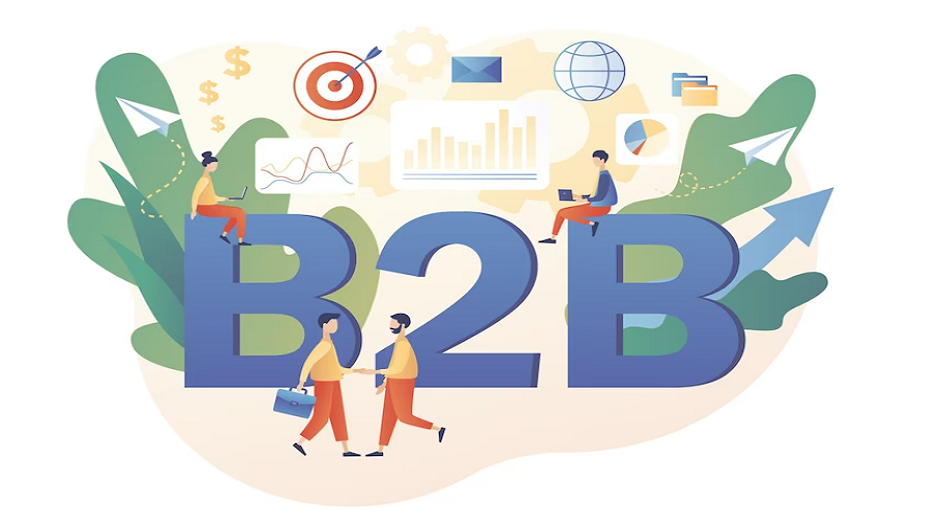
In the world of B2B marketing, not all leads are created equal. Some are hot prospects ready to make a purchase, while others may still be exploring their options. To effectively prioritize and nurture leads, B2B marketers turn to a powerful tool called lead scoring. This process assigns numerical values to leads based on their behavior and attributes, helping businesses focus their efforts on the most promising opportunities. This comprehensive guide will explore the value of lead scoring in B2B marketing and how it can revolutionize your approach to lead management.
One of the primary benefits of lead scoring is the efficient allocation of resources. By assigning scores to leads, B2B marketers can identify which leads are most likely to convert into customers. This enables them to allocate their time, budget, and efforts more effectively. Instead of treating all leads equally, resources can be concentrated on those with the highest scores, maximizing the chances of closing deals.
Lead scoring streamlines the handoff between marketing and sales teams. When marketing teams pass highly scored leads to the sales department, it eliminates the need for sales professionals to sift through a large pool of unqualified leads. This results in increased sales productivity as reps can focus their attention on leads that are more likely to convert.
Lead scoring also plays a vital role in lead nurturing. Leads that don’t meet the criteria for immediate sales engagement can be placed in nurturing campaigns. These campaigns are tailored to provide valuable content and information to leads over time, gradually moving them through the sales funnel. Lead scoring helps marketers determine when leads are ready for more aggressive sales tactics.
Lead scoring allows for effective lead segmentation. Leads can be categorized into different groups based on their scores and behaviors. This segmentation enables marketers to create highly personalized marketing campaigns. Personalization improves engagement rates and helps build stronger relationships with potential customers.
By focusing on high-scoring leads, B2B companies can often shorten their sales cycles. These leads are typically further down the sales funnel, requiring less time and effort to convert. Shortening the sales cycle not only saves resources but also allows companies to close deals more quickly and realize revenue faster.
When marketing and sales teams collaborate on targeting high-scoring leads, conversion rates tend to be higher. These leads are more likely to respond positively to marketing messages and sales outreach, leading to a higher percentage of conversions. The result is a more efficient and effective sales process.
Lead scoring is a data-driven approach. It relies on the analysis of lead behavior and attributes to assign scores. This data can be continuously monitored and analyzed to fine-tune the scoring model and marketing strategies. B2B marketers can make informed decisions based on real-time data rather than intuition.
Lead scoring isn’t limited to new leads. It can also be applied to existing customers. By tracking customer behavior and engagement, B2B companies can identify upsell and cross-sell opportunities. This allows businesses to maximize revenue from their existing customer base.
Lead scoring helps improve lead quality by focusing on leads that are more likely to align with the company’s ideal customer profile. This results in a higher proportion of leads that meet the criteria for becoming long-term, valuable customers.
Lead scoring is not a static process. It evolves over time as new data becomes available and market dynamics change. B2B marketers can continuously refine and optimize their lead-scoring models to adapt to changing customer behaviors and market conditions.
In conclusion, lead scoring is a game-changer in B2B marketing. It empowers businesses to prioritize their efforts, improve sales productivity, and enhance customer relationships. By assigning numerical values to leads based on their behavior and attributes, B2B marketers can make data-driven decisions that lead to higher conversion rates, shorter sales cycles, and more efficient resource allocation. Embracing lead scoring as a central part of your B2B marketing strategy can give your business a competitive edge in the dynamic world of B2B sales and marketing.B2B marketing